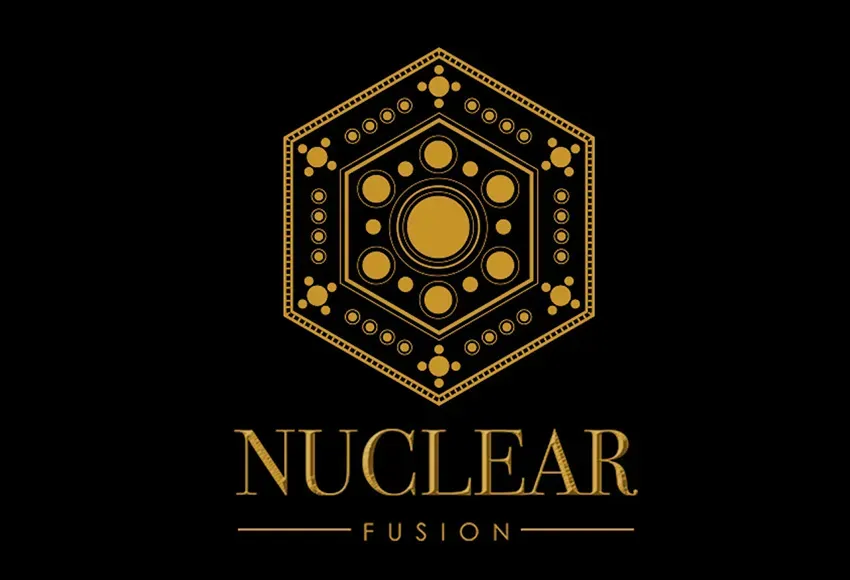After helping two families who happened to be mere blocks away find each other, influencer and content creator Jessica Daylover took it as a sign: the Nuclear Fusion project had to happen. So in early July, she Kickstarted the app, which is designed to bring people together for a rare kind of mutual support.
The first phase of the project was funded in less than a month, in no small part because Daylover was already well known in the right circles. She's the founder of Remodeled Love, a multimedia resource on polyamory and parenthood, so she's been immersed in discourse about "nontraditional family structures" for some time.
"You cannot get a group of polyamorous people in a room for more than ten minutes before someone brings up a commune," Daylover said over Zoom. But "the reality of that happening is probably less than 1% for all of the people who say that."
There are a number of reasons why that might be. The disappearance of "third places" like cafés, bookshops, libraries, and bars is a big one, Daylover said. If people don't have a place to meet outside of work, they might find that bonding with even their next-door neighbor has to be a deliberate decision rather than a casual one.
There's also the prevailing ideal of the "nuclear family," which fittingly atomizes each couple and their children into a singular, ostensibly independent household.
The app's name is a clever play on that physics metaphor.
"With [actual] nuclear fusion, you have these really unstable elements whose electrons are flying around all crazy," Daylover explained. "And if you can create a force strong enough to fuse them together, it creates stability in the element, which releases a ton of energy that can then be used for something else."
"It takes a village"
Nuclear Fusion wouldn't just be for the polyamorous, though, because even monogamous couples find that the nuclear family doesn't really work as advertised. Without extended family or close friends nearby, who will be there to pick up a kid who gets sick in the middle of the day? Who will make dinner for everyone if one parent has to work late and the other is on a business trip?
Nuclear Fusion is about taking those burdens of daily living, like childcare, elder care, cooking, transportation – things that are often monetized by other apps – and sharing them to whatever degree a group is comfortable with. It aims to suggest matches based on "shared values, interests, and needs."
Daylover compared the process to building a "village," as in the proverb "it takes a village to raise a child."
"If I could open my front door and have my kids run outside and play with all the other commune kids, and we could resource-share, and there could be big family dinners every night, and you're only responsible for cooking once a month – that would change my life," Daylover said.
"It's probably not gonna happen, but what would also change my life to almost the same extent is if I could find one other family, just one, that wanted to live next door, or down the street, who also wanted to behave in sort of an urban commune–type way.
"And so the idea of this app is that it can create this bite-sized version of that dream for people. And in doing so, people's lives would change dramatically."
Hearing all this, it's easy to jump to the comparison of dating apps, and that elicits a whole bunch of questions and assumptions, the foremost being about safety.
Nuclear Fusion is still in development, but Daylover said it will have an extra layer of safety tools similar to those used in apps for finding nannies, such as background checks.
Those tools would be supplemented by a free educational module, which would help users not only recognize red flags but also maintain existing relationships, along with a host of other expert-led lessons about communication and emotional intelligence.
The dating-app comparison also brings up questions of money and incentives. Monetizing something as important as romantic relationships or, in this case, found family and support networks might raise some hairs. Can a solution to loneliness and isolation in the digital age really be a digital one?
Daylover acknowledged those potential contradictions. That's part of why the educational portion would be free; it would give users the tools they need to build and maintain their "villages."
"I'm working with a consultant on making a nonprofit arm of the app, whose sole mission is education," Daylover said. "So that way we can go after grants."
As for the project's future, it's currently in its second phase, but it's already seeking additional funding from backers for the next phase.
You can find out more about Nuclear Fusion and follow its progress at https://www.kickstarter.com/projects/remodeledlove/the-nuclear-fusion-app or on Instagram @nuclearfusionapp. To donate to the app's third and final phase, visit https://www.gofundme.com/f/nuclear-fusion-app-phase-3-of-3


